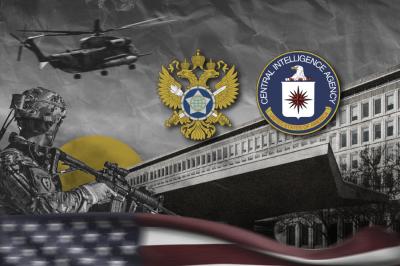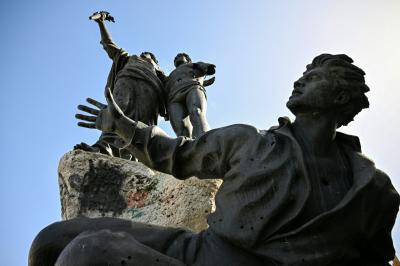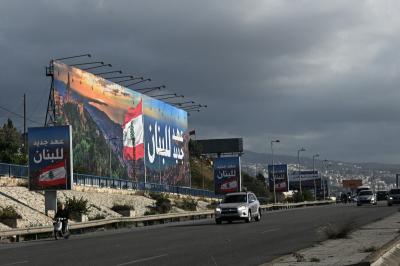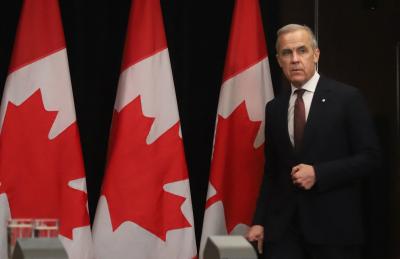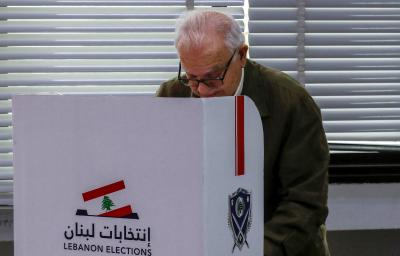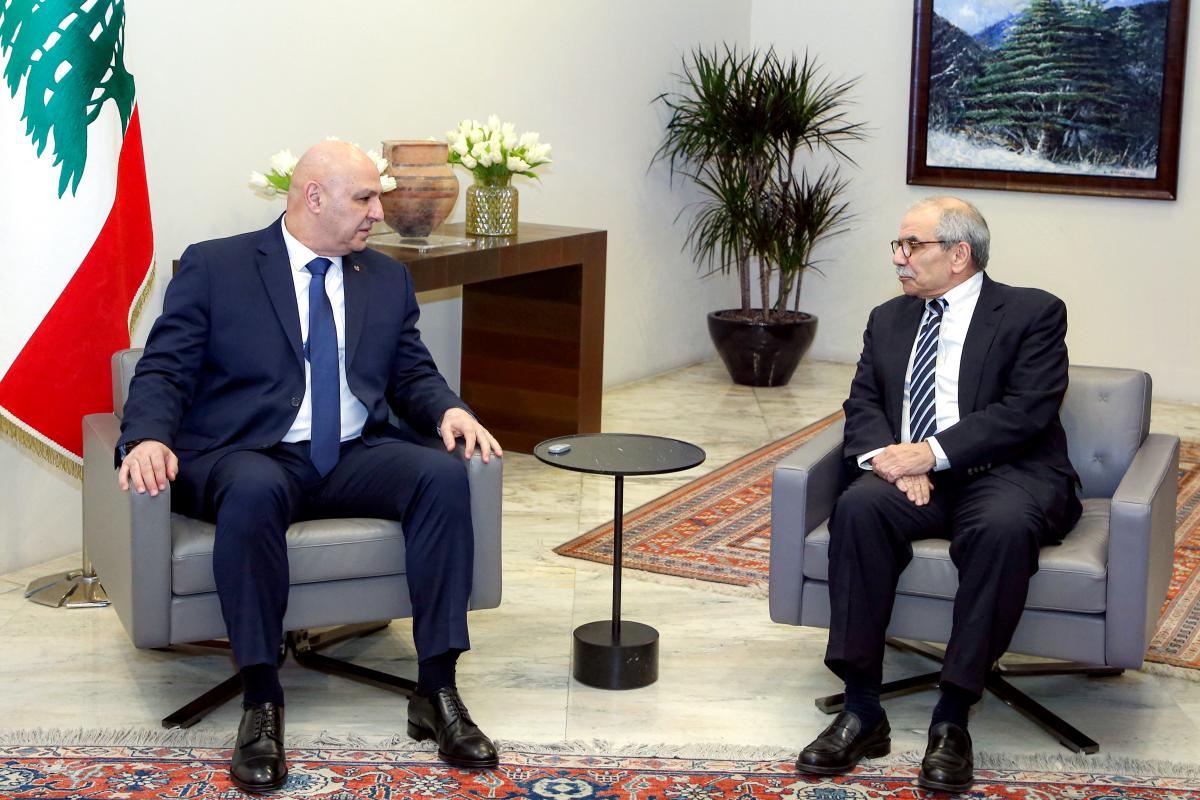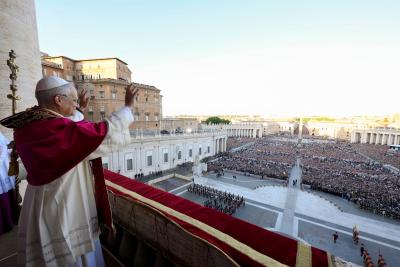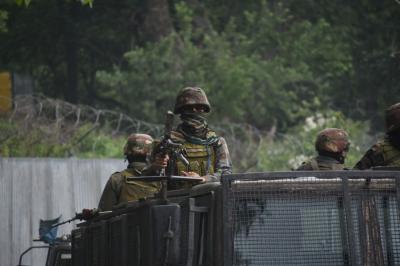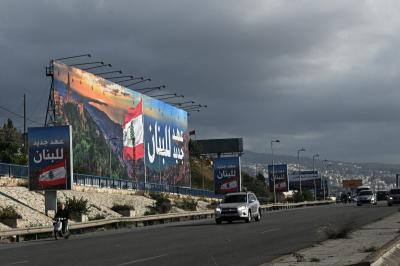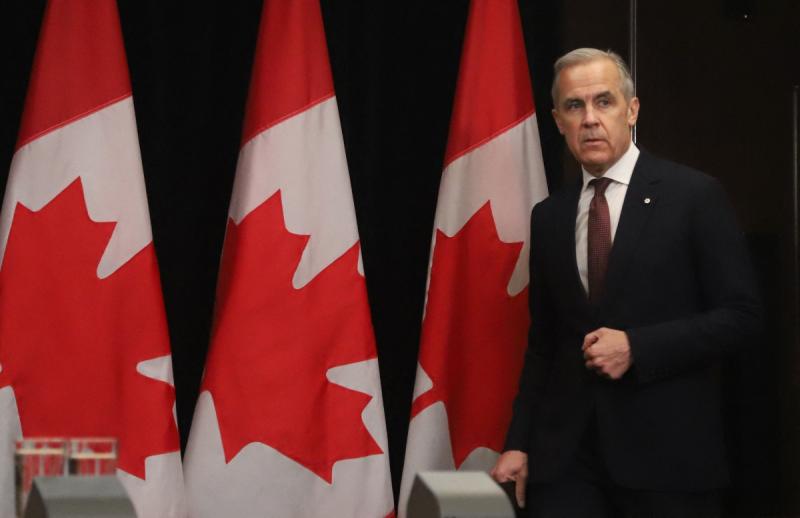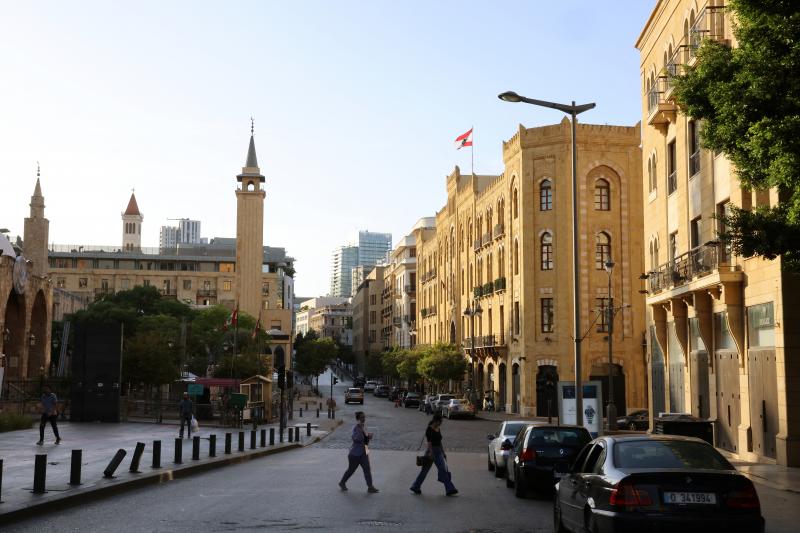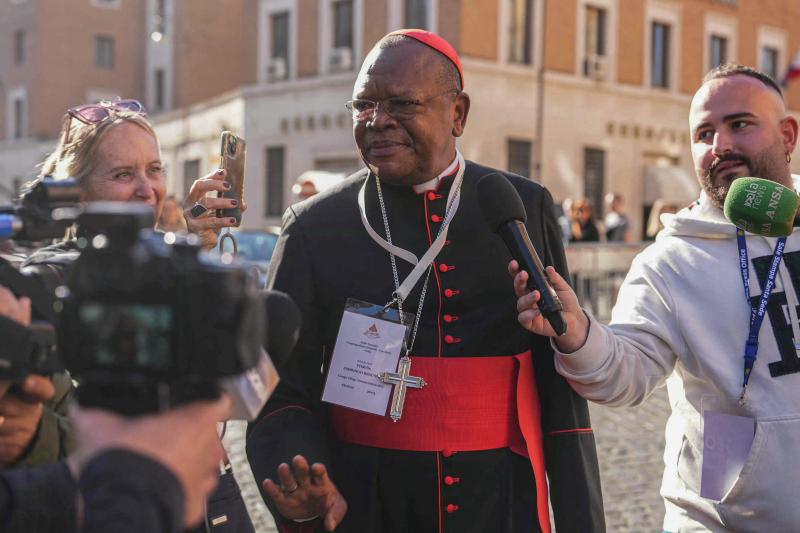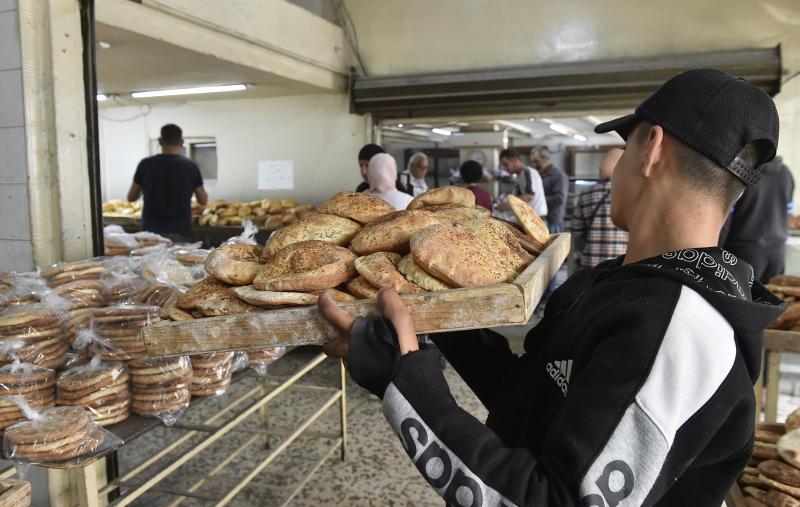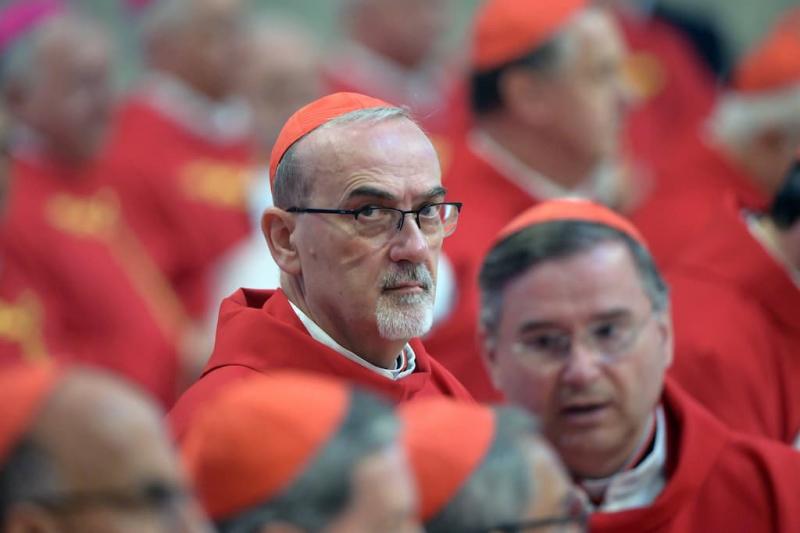A New Era Faces Familiar Roadblocks
It comes as no surprise that the start of the new administration, represented by its two key figures, President Joseph Aoun and Prime Minister-designate Nawaf Salam, has run into a minefield of obstacles and roadblocks set by the entrenched system that has effectively governed Lebanon since 1989. This system, following the Taif Agreement, cherry-picked provisions that served its interests while neglecting the reforms it mandated, thereby blocking any meaningful modernization or correction of structural flaws.
However, the convergence of two reform-driven forces, one domestic and the other international, that have fueled the current momentum for change may be sufficient to counteract the strategy of obstruction and gradually defuse these obstacles with patience and caution. Whether it is the challenges in the South, linked to the potential delay in the Israeli withdrawal and the dismantling of Hezbollah's remaining positions, or the internal hurdles obstructing state reconstruction through the new government, the reformist dynamic appears determined to push forward.
The overwhelming majority of Lebanese who have pinned their hopes on the new leadership cannot be underestimated. Nor should the role of Arab and international stakeholders be dismissed, as they have actively worked to bring about a qualitative shift in power, one that must go beyond the presidency and the premiership to reshape the composition and roadmap of the government itself, breaking free from the stagnation of the past.
This process will continue with an infusion of fresh faces into state institutions, through administrative, judicial, security, and diplomatic appointments aligned with the inaugural speeches of the new leadership. These statements outline a progressive vision aimed at establishing a modern and stable state.
Hezbollah-Amal Conditions: Stumbling Block
Yet, the conditions set by the Hezbollah-Amal Movement alliance, monopolizing the Finance Ministry and other key portfolios, and attempting to impose a new version of ministerial declarations incorporating the concept of "resistance," have triggered counter-demands from other political factions. As a result, the formation of the government risks being held hostage by prolonged deadlock.
To break this impasse and resolve the "Shiite hurdle," two potential solutions could be explored: one concerning the Ministry of Finance (MoF) and the other the ministerial declaration.
On the MoF, it would be logical to adopt the approach put forward by Prime Minister-designate Nawaf Salam, who stated from the presidential palace: "The MoF is neither the exclusive right of, nor is it off-limits to any community."
In other words, this portfolio should rotate among all sects in this government and future ones. If it is granted to a Shiite minister this time, it should be assigned to another community in subsequent cabinets. This principle of rotation is currently being discussed behind closed doors, looking at it to avoid accusations of exclusion and to compensate for the frustration stemming from the recent conflict.
This approach echoes the approach taken in 2005 by the "March 14" alliance (Free Patriotic Movement, Future Movement, Lebanese Forces, Progressive Socialist Party, Kata'eb) to reassure "March 8" forces (Hezbollah, Amal Movement,) after the withdrawal of Syrian troops, leading to what became known as the "Quadripartite Agreement." At the time, Hezbollah later reneged on the deal, raising the question of whether history will repeat itself.
Regardless, the MoF, like other sensitive portfolios, will be closely monitored domestically and internationally to ensure its operations align with the promised reform agenda.
The Ministerial Declaration: A Redundant Debate
As for the ministerial declaration and Hezbollah-Amal's insistence on including the term "resistance," field dvelopments have already settled this debate. By accepting and adhering to the terms of the ceasefire, including the dismantling of its military positions in south and north Litani River as well as across Lebanon, Hezbollah has, in effect, relinquished its role as an armed resistance force.
Two main arguments have been put forth to justify maintaining its arsenal:
The Taif Agreement supposedly enshrines the right to resistance. However, a closer reading of Article 3, Section C, states: "Take all necessary measures to liberate all Lebanese territory..." But does "necessary measures" imply the creation of an armed resistance outside the authority of the legitimate state and national army? Those advocating this view often cite the Israeli model of "defense militias" in settlements. Yet, unlike Hezbollah, these militias are fully integrated into and subordinate to the Israeli military chain of command—something that is not the case in Lebanon.
The reference to Article 51 of the UN Charter affirms the "individual or collective right of states to self-defense in the event of armed aggression." However, this provision does not authorize parallel defense forces or sectarian militias. Lebanon, after all, has been bound by an armistice agreement with Israel since March 23, 1949, and is subject to UN Security Council resolutions. The country cannot be turned into a lawless battleground for political and military agendas that contradict its national interests.
It may be feasible for the ministerial declaration to adhere to the Taif Agreement regarding territorial liberation and to reference the UN Charter if this would appease proponents of the so-called "trinity" (Army, People, Resistance) or similar constructs. However, selective application is not an option: Taif also stipulates in Article 2, Paragraph 1 that "all Lebanese and non-Lebanese militias must be disbanded, and their weapons handed over to the Lebanese state." Furthermore, the UN has issued key resolutions specific to Lebanon, notably 1701, 1559, and 1680, in addition to the ceasefire agreement signed last November and the armistice agreement. These foundational texts cannot be distorted, manipulated, or selectively interpreted for partisan purposes.
The Road Ahead
Lebanese solutions remain within reach, provided all parties commit to the spirit of foundational agreements and the new realities emerging from recent developments in Lebanon, Syria, and Gaza. Moreover, those involved in government formation and beyond must demonstrate genuine intent. Otherwise, the window of opportunity for national recovery that opened with General Joseph Aoun’s election two weeks ago could quickly close.
Given that the priority is reconstruction, healing, and moving beyond crisis toward an era of reform, attention should be paid to the signals coming from Arab and international actors. The latest such message comes from Saudi Foreign Minister Prince Faisal bin Farhan Al Saud, who is expected in Beirut today, having explicitly linked international aid and support to "real actions and reforms."
One can only hope that Lebanon’s political class will rise above narrow self-interests and seize the outstretched hand of the Arab world and the international community before it is too late.
 Politics
Politics
